
What Does It Mean When Oil Pressure Is High?
Seeing high oil pressure? Learn what it means, what causes it, what symptoms to watch for, and when to visit Firestone Complete Auto Care for a full diagnostic.
Read More
Firestone Complete Auto Care provides professional oil change services to support your engine’s performance. Whether your vehicle needs conventional, synthetic, or high-mileage oil, our expert technicians are here to help.
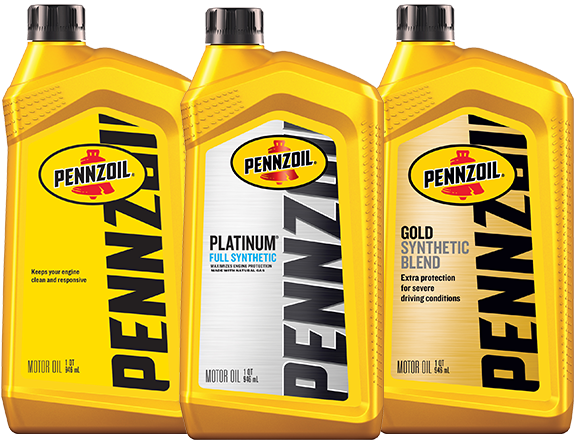

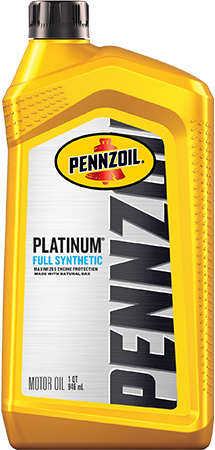
It’s PurePlus™ Technology gives you a high-grade, cleaner oil that completely protects your engine.
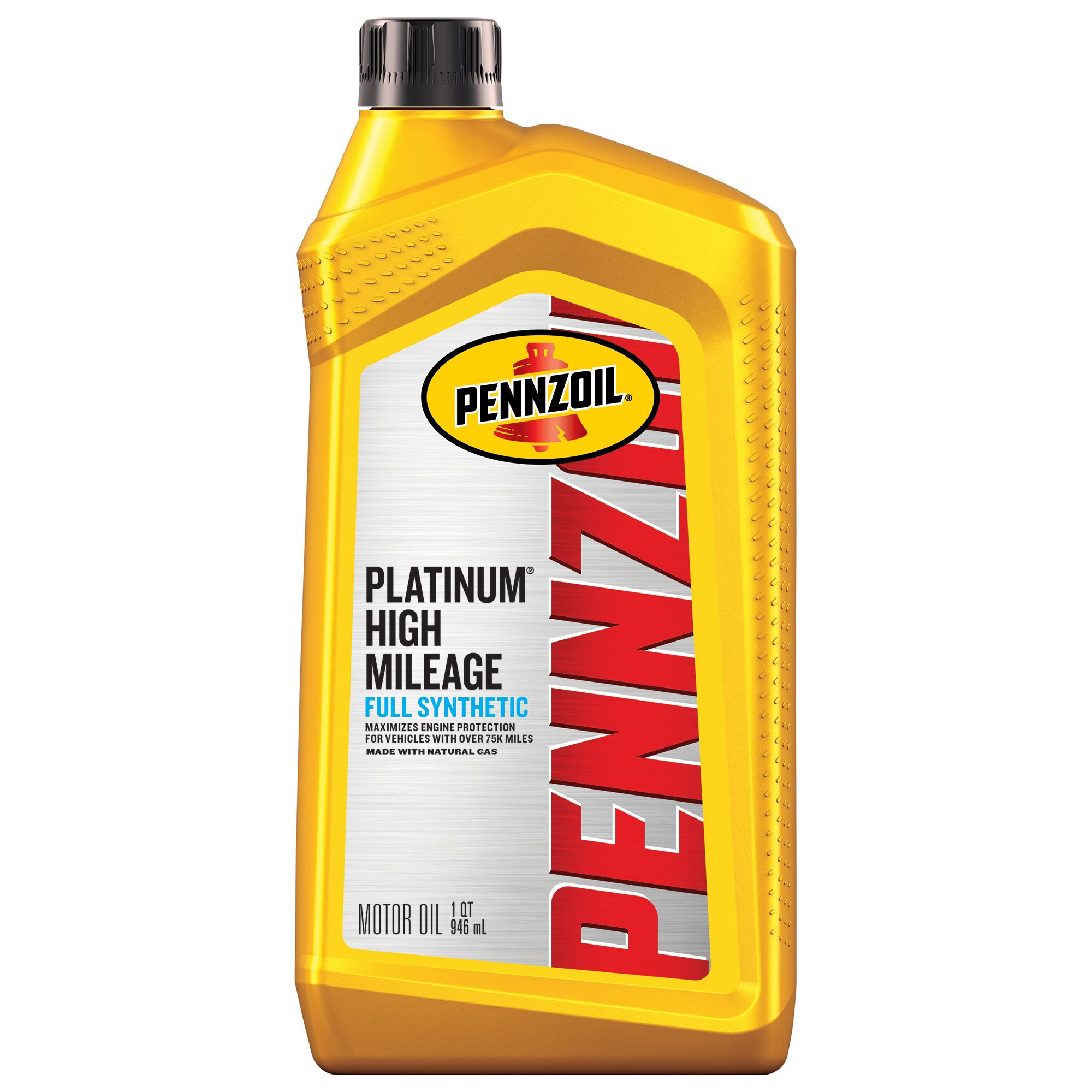
Helps to extend engine life and reduce oil burn off for better fuel economy.

This synthetic blend’s Active Cleansing Technology helps clear contaminants from your engine.
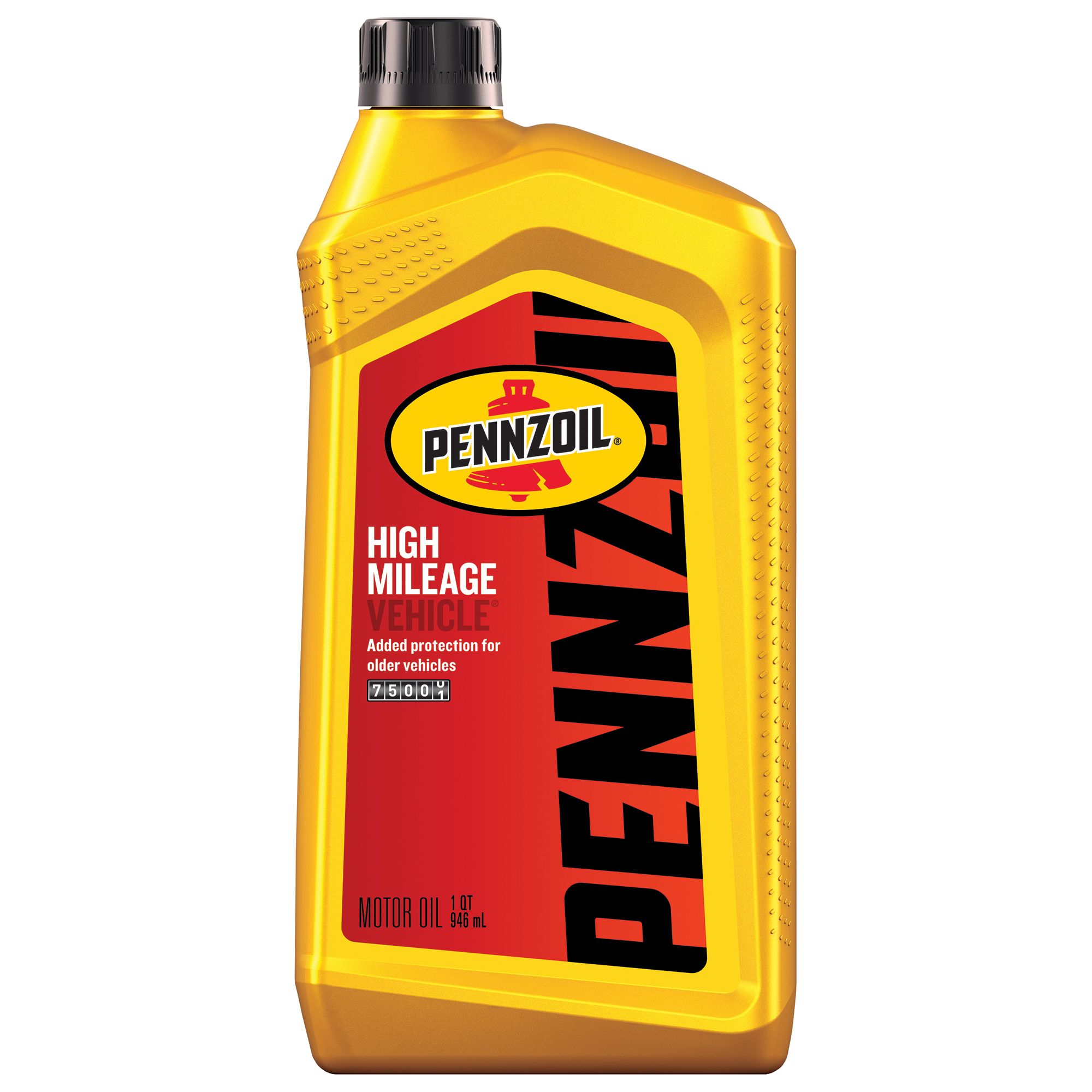
Choose this oil to help stop leaks from seals and cut down unnecessary oil consumption.
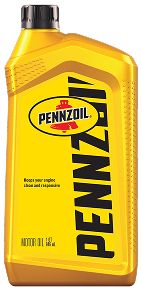
Formulated with Active Cleansing Technology to provide proven wear protection and keep engines clean and responsive.
Regular oil changes are essential for keeping your engine clean, reducing wear, and maintaining efficiency. Over time, oil breaks down and collects debris, which can impact performance. Firestone Complete Auto Care is here with professional oil change services to help your engine stay protected mile after mile.

Seeing high oil pressure? Learn what it means, what causes it, what symptoms to watch for, and when to visit Firestone Complete Auto Care for a full diagnostic.

Found coolant in your engine oil? Learn what can cause it, what may happen next, and why professional repair is necessary to prevent costly and serious damage.

Oil the gears of knowledge! Find out how to check your oil level in your car and maintain its health with confidence and ease using this insightful guide.